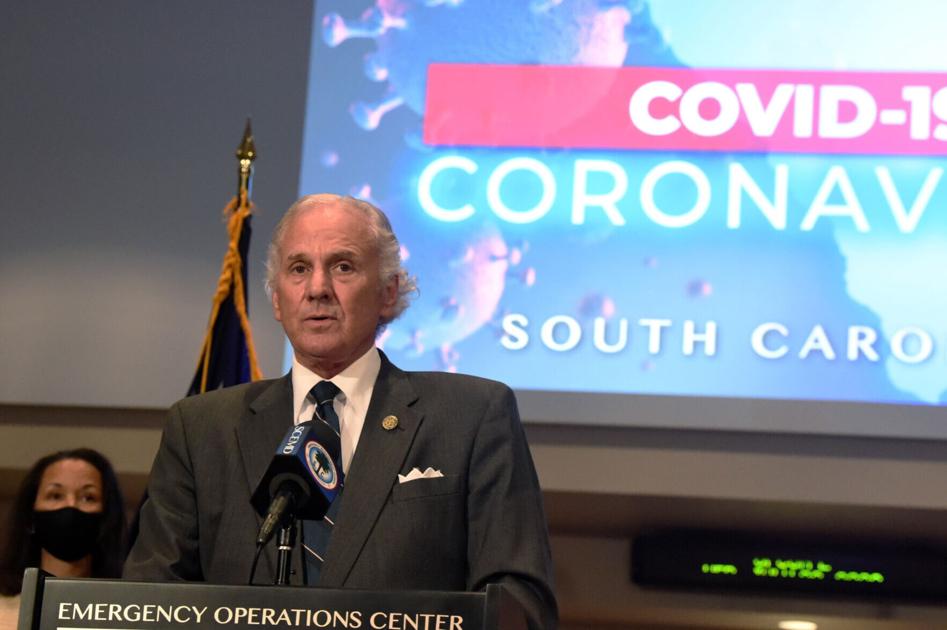In Pennsylvania, lawmakers are preparing to hold a constitutional referendum in May to remove many of their governor’s emergency powers and make it easier for lawmakers to override emergency orders.
Wisconsin lawmakers were on a vow to revoke their governor’s state mask mandate on Thursday, when they abruptly delayed legislation over concerns that it would cost the state $ 49 million in federal aid.
While these two efforts are the closest to becoming law, they are not the only ones, as lawmakers in more than half of the states seek to control emergency powers because they dislike the way their governors use them to issue mask orders and restrictions to restaurants, roadblocks across the state, and other responses to the COVID-19 pandemic.
McMaster has issued 21 emergency orders since COVID started. Lawmakers want to change that.
Certainly, there are legislators in South Carolina who believe that Governor Henry McMaster’s modest public health restrictions have gone too far, but they are in the minority. The bill passed by a House committee on Tuesday addresses a real problem.
South Carolina’s emergency powers law was written with hurricanes in mind, so it limits emergency declarations to 15 days and requires a legislative act to extend them. Mr. McMaster responded to this – with the silent but clear blessing of most lawmakers – by issuing a new emergency order every 15 days. The attorney general’s opinion in the spring said that this was in line with the law, but that is just an opinion, and the issue is obscure enough that we cannot be sure that the Supreme Court of SC would rule the same way. if it was necessary.

Therefore, H.3443 reverses the law and says that the state of emergency lasts until the governor or the legislature puts an end to it.
It is a smart solution that also includes a smart provision in case we have a governor out of control, allowing a simple majority in the Legislature to quickly end any emergency order.
Typically, the House and Senate have to vote twice on each bill – which requires a minimum of five session days – and send it to the governor for signature. If he vetoes, two-thirds of the House and Senate are expected to vote to override the veto. The bill that the House may debate this week allows for a single vote by the House and Senate to end the state of emergency, with no veto opportunity.

The original version of the bill also allowed the legislature to modify an emergency order – which could have the effect of rewriting state law – with the same 30-minute procedure, but the House Judiciary Committee wisely voted to demand that the five normal – (or more) day procedure for modification. This is a crucial change that the entire House and Senate must adopt.
Congressman Jason Elliott argued that voters want their legislators to evaluate emergency orders, so he tried to demand, rather than just allow, the mayor and the senate president to convene the legislature after 30 days so he can consider whether you must close or modify an order. The commission wisely rejected the proposal, for constitutional and practical reasons, but if that becomes an impediment to approval, it would not hurt to add a provision allowing a majority of deputies and senators to sign a petition demanding a special session if leaders refuse to summon the bodies.

We still believe that the Legislature needs to consider whether SC governors have enough power to deal with emergencies. But this moment – with the pandemic still strong and a not insignificant minority of lawmakers convinced that he has too much power, or at least upset about the way he exercised it – may not be the best time to expect clear changes.
Instead, now is the time to approve H.3443, which would avoid the unlikely, but possible and unsustainable situation, in which the legislature cannot meet and the court has deprived the governor of its powers to deal with an emergency.

